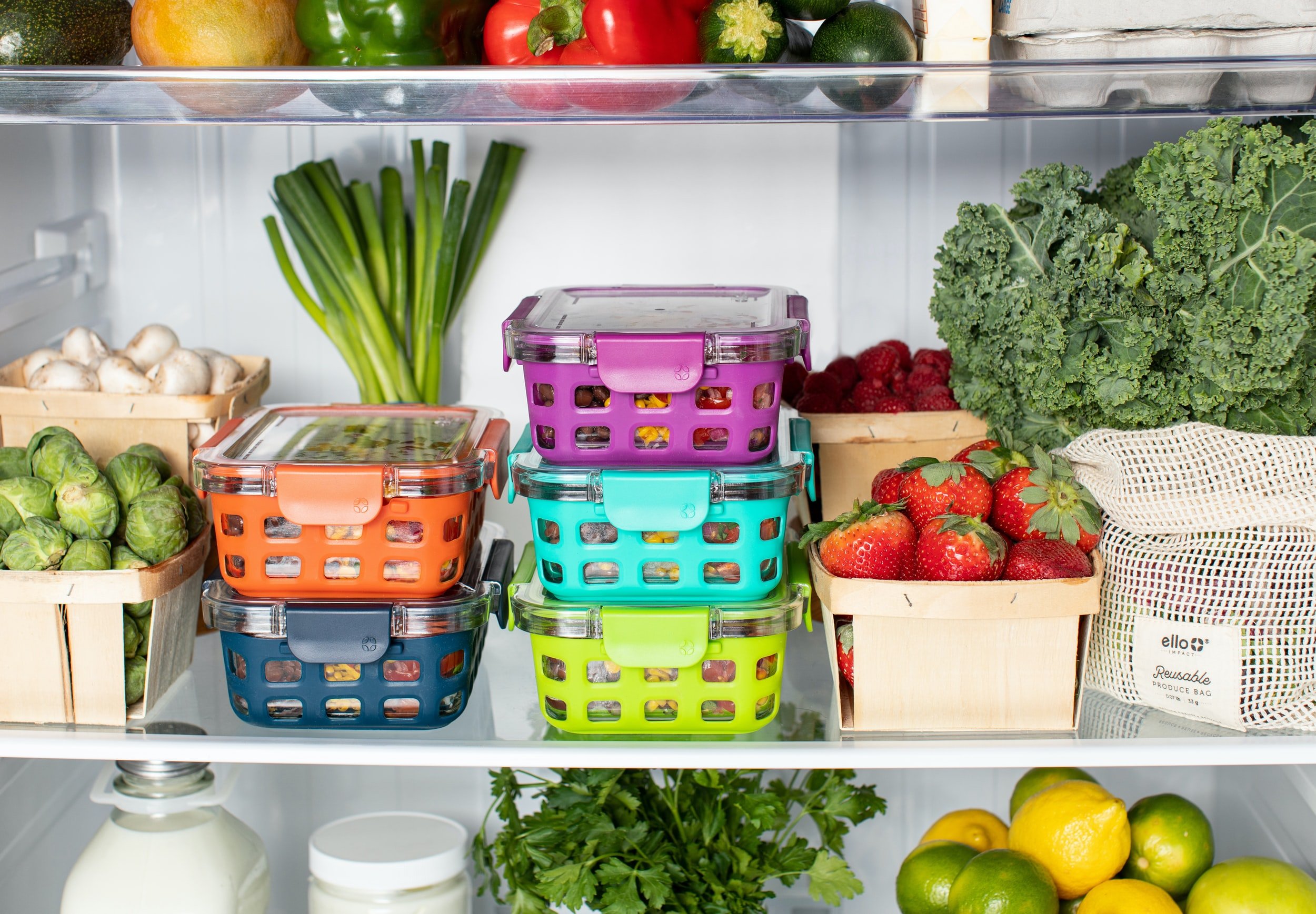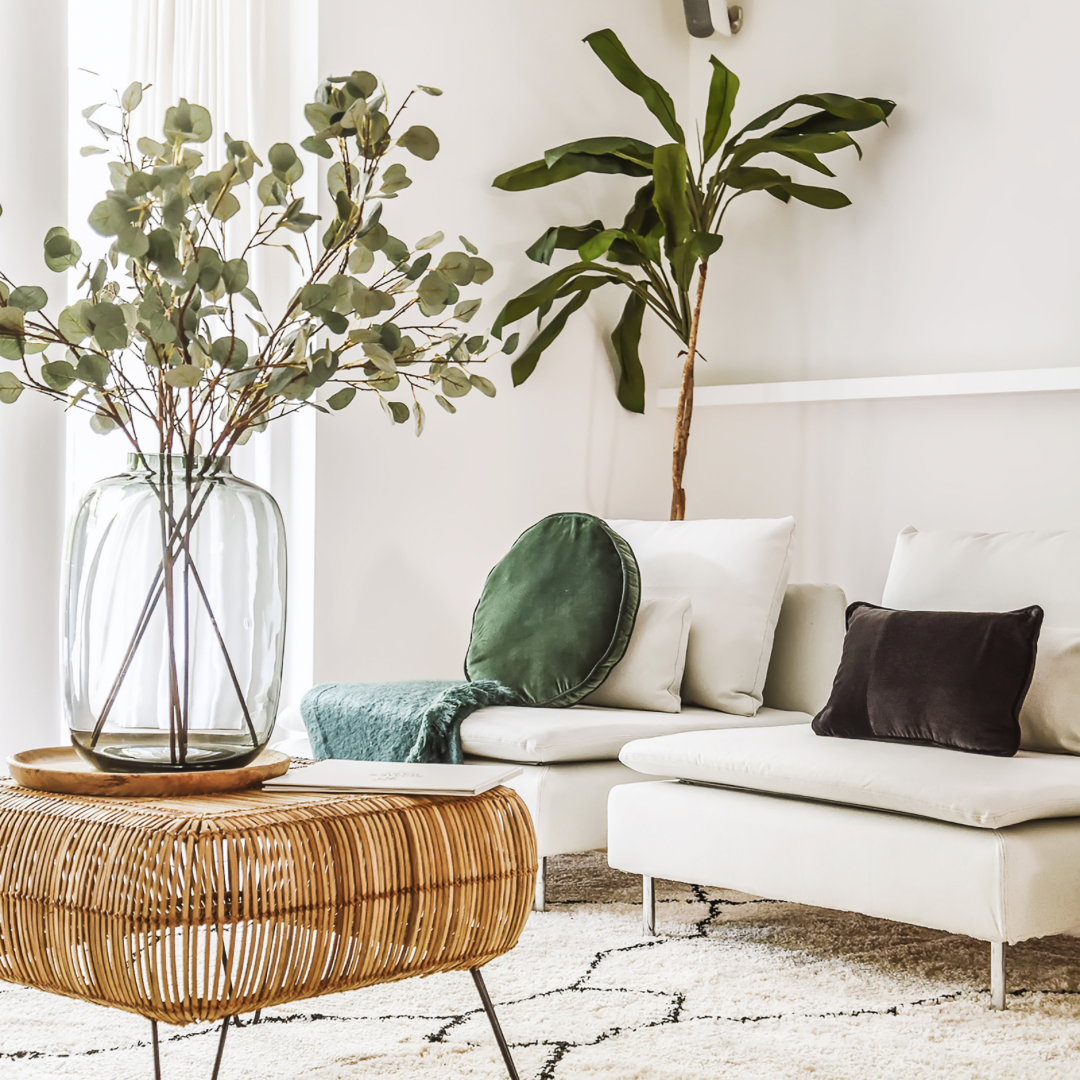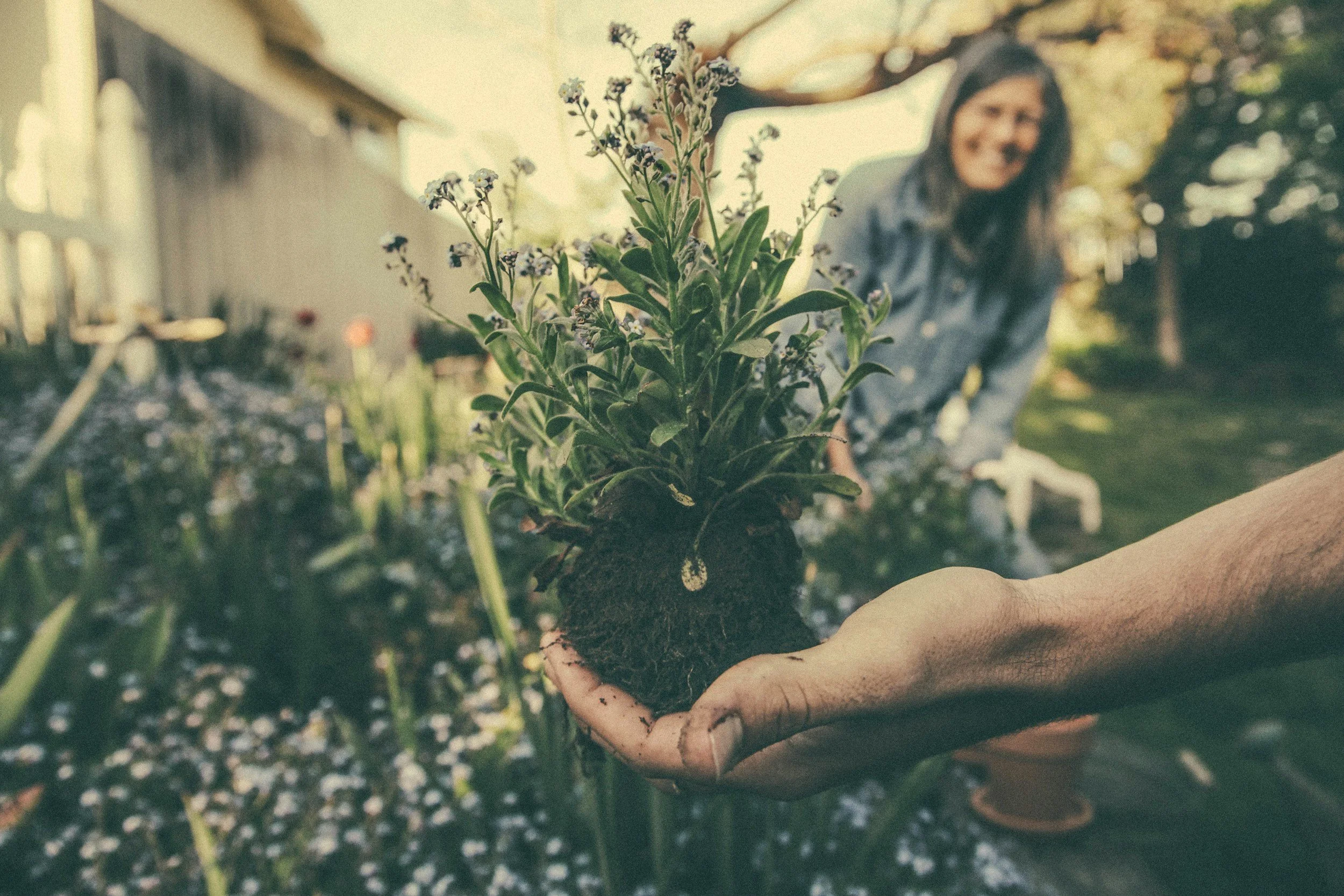How to Maintain Mental + Emotional Health When Working From Home
If you are struggling to maintain a work life balance whilst working from home you’re not alone. Here's how to check in with your mental and emotional health when working from home and keep yourself focussed and productive.
Everyone wants to have a stable balance and create an easy routine that supports you with your mental and emotional wellbeing, especially when working from home. Lines become easily blurred when you work from home and if you have your kids at home, it can be really challenging to maintain your mental and emotional health.
This is something I have struggled with in the past but found the following 3 tips ideal to help me stay balanced and maintain my mental and emotional health when I work from home.
The balance can be forever changing as things change in our lives – like working hours changing around the school run if you have children or having clients in different time zones and team members all over the world. However, there are ways in which you can create new behaviours to make finding that work life balance easier.
Repeatedly doing these tips will turn them in to natural habits, and you will no longer be constantly checking your emails and notifications, or finding work interrupting family time.
Set clear boundaries. What time do you stop working? Are you actually stopping or constantly find yourself dipping in and out of work all day? It can be so easy to lose yourself in work and not realise the time, or notice an email on your phone and get dragged back in to work when doing things with family. Instead set yourself a cut off point. Times when you will stop working and focus purely on the family, or even on housework if that needs doing. That way you cannot use house work as a procrastinator to avoid doing the tasks you really need to complete.
Leave electronics alone! It is so easy to get absorbed in our phones, even sitting watching TV on an evening we find ourselves checking messages and social media. It is an ingrained behaviour and habit for a lot of people in the current society. So when you finish for the day and log off, leave your phone in the office or switch it off so you are not tempted to check out notifications constantly. Especially if your work is done a lot on social media as it will never end and leave you feeling disheartened and without the space to switch off.
Silence those apps. If you use your phone to read a book, or to communicate with family on an evening then silence your notification apps – such as emails, social media, work related apps and things like that. Even better you can delete the apps altogether and while you are still tempted to pick up your phone you won’t have work notifications or apps to look through.
These really simple actions added into your daily routine can make a huge difference to your work life balance and support you to maintain your mental and emotional health. So next time you go to reach for your phone, or think just 30 more minutes stop and think how much that will take away from your home life side of the balance which then has an impact on your energy and your time.
Working from home with kids?
I would love to be able to tell you that I have it all together and I have the perfect work from home with the kids balance, but the truth is that we are all still trying to figure this out.
Having worked from home with my young children in tow for the last 4 years I have been able to adapt to this working from home with the kids life pretty well considering the circumstances.
Here are the things that I have learnt and the actions I have taken:
Have no expectations.
The best thing you can do for your mental health and for everyone involved, including the kids is to have no expectations. No expectations of yourself, of your children, of what will happen and won't happen. I was so adamant that I wouldn't sit my kids in front of screens, but the truth is, when you need to get stuff done you will do anything you can to occupy them full stop.
Release the need for things to be perfect.
If you need to get something done and you are under deadlines, having the kids around, especially if they are young and don't occupy themselves can be a challenge. Release the need for things to be perfect, just get stuff done. That is the goal, getting stuff done. Be intentional each day on what the most important work tasks are and just focus on getting them things done.
Work when they are sleeping.
When the kids were babies this was an easy method, when they were really little they couldn't do much and slept a lot so working when they were sleeping was easy. As they get older and need your attention it is a different game altogether. This may mean that you spend your day with them, or some of the day really being present with them and then when they go to bed at night you begin working again.
Have routine.
Get up, get dressed before the kids, get yourself sorted and ready to work. Then get the kids sorted and do all the house chores you need to do in the day before you start working. EG, Fill the dishwasher, put the clothes in the washing machine etc. If you don't these things will annoy you all day and you will use them as an excuse to procrastinate on what you need to do for the day.
Delegate if you can
If you have a team that you can delegate to then do. Now is the time to utilise your team's strengths and lean on them when you can.
Ways we can be kinder to ourselves and our mental health.
When things are going wrong it's easy to put blame on ourselves and added pressure. When we are unhappy it is due to the perception in our minds of what we believe should be happening in our life not matching the current reality. This causes people to feel unhappy and can also lead to adding pressure and judgment towards ourselves for not having a certain way of life, living a certain way, looking a certain way or acting in a way we believe we should.
Practical suggestions:
Here are some ways you can release the pressure on yourself and be kinder to yourself:
Ask yourself a better question
When life is not matching the perception you have in your mind of how it should be this can cause negative inner chatter. Things like "I am just not going to be able to do this" leaves people feeling negative and as though there are no options. When we ask ourselves better questions we open up our thinking to find new resources and new ways to behave instead of limiting ourselves. Instead, reframe this as a question, instead of "I am just not going to be able to do this" ask yourself "How can I do this?" This opens up your thinking at the conscious and subconscious level.
Check-in with yourself
Check-in with you and what you want. Life may not look the way you want it to right now, but that is also not your fault and out of your control. Tap back into what you can control and how you feel. Simply place your hand on your heart and ask yourself "Who am I?" Don't expect a reply, just allow yourself to feel your beating heart and tap into feeling grateful for your heart.
Tap into gratitude.
“What is it that I have already that I’m really grateful for?” “What is it that I have that I can feel really grateful for right now and really grateful for towards that thing?”
Gratitude and love are so highly connected, and are the highest vibrating frequencies that we, on an emotional scale, can vibrate at. If you imagine, everything is energy. When we look at everything within our world, everything is created with energy, and that goes for our emotions as well. Everything is constantly vibrating on an energy scale. When it comes to our emotions, love and gratitude are the highest vibrating frequencies that we can vibrate.
Once you really tap into that gratitude and the feelings of feeling loved and gratitude towards things, it will naturally attract more things in your life that you are satisfied with, that you feel grateful for, and it will help you feel better. For instance, being able to feel the wind on your skin, being able to hear the clock ticking, being able to hear the trees blowing in the wind outside, having access to clean water — the simplest things that we have in life, it doesn’t have to be anything massive. It can be, but even the simplest things can really tap into how grateful you are for the things that you have in your life.
This piece is brought to you by NLP Practitioner, Hypnotherapist, Coach and contributor Rebecca Lockwood. For more expert advice from Rebecca please visit her website.
You can also join Rebecca and Natalie Anderson #inconversation LIVE on our Instagram stories as part of our January Wellbeing series. 20.1.21 8pm
Rebecca Lockwood is a regular contributor to Grazia Magazine, Marie Claire and Cosmopolitan.





































